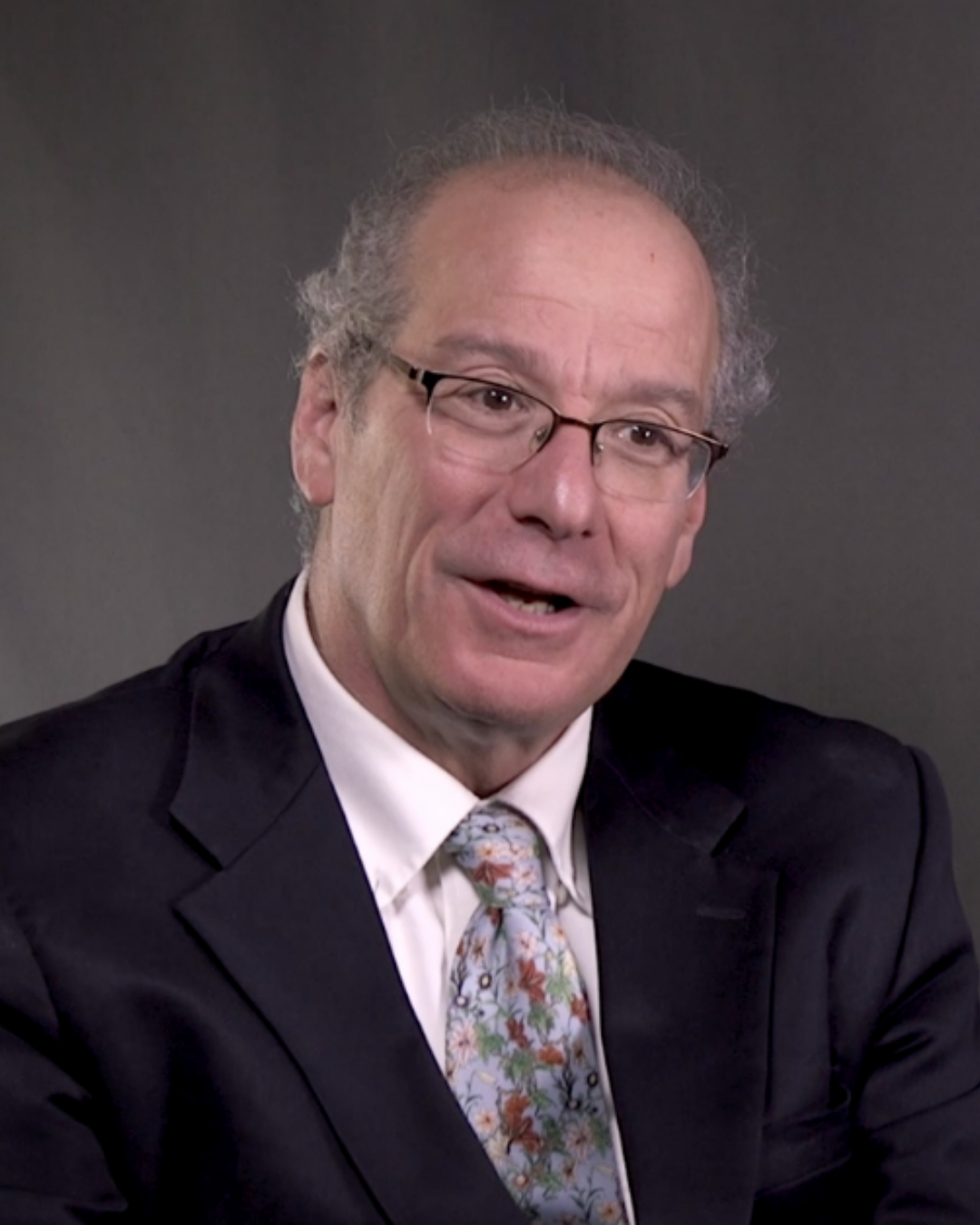Alan Finkel, MD, FAAN, wants to educate people about the misconceptions of concussion so that patients can seek the care they need
“When you see one headache, you see one headache.”
These are the words that Alan Finkel, MD, FAAN, follows by when treating countless soldiers, athletes and civilians with concussion. Every patient has a unique story. This can help healthcare providers learn more about the complexities of a traumatic brain injury. Dr. Finkel is the Founder of the Carolina Headache Institute and Consultant for the Defense and Veteran Brain Injury Center, Department of Defense at the Intrepid Spirit TBI Center at Fort Bragg, North Carolina. He is also a member of the International Concussion Society’s Scientific Advisory Board.
Dr. Finkel recently spoke with ICS about why it is important to break the concussion stigma. He also explains how healthcare providers can free patients from worry that they are forever changed by their injury.
What does the word concussion mean to you?
Concussion is a word that has come to mean many things. In my experience, it is a good way to communicate to non-medical people the impact of head injury on the brain. Though it is not specific, it allows us to discuss the various symptoms after a mild traumatic brain injury without causing fear in people whose occupations and goals increase their chances of head injuries, especially among athletes and soldiers. It also conveys a common condition that is destined to improve in the vast majority of people.
How have concussions impacted your life or career?
The proximity of my job at the university to major military bases exposed me early to concussion. The exciting work we did with this population pushed my interest in exploring post-traumatic headache.
Have your experiences changed your perception of concussion? In what way?
After seeing hundreds of soldiers, many athletes and many civilians, it is apparent that, as Dr. James Couch recently said: “When you’ve seen one headache, you’ve seen one headache.” Each individual brings traumatic and personal experiences with their concussion. The challenge is understanding the differences and similarities. This way, new knowledge is gained in each domain of mild TBI.
Have you ever experienced a concussion personally? Tell us about that time.
As a youth, I was thrown over the front of a bicycle after going down the neighborhood hill. I remember waking up in bed with my piano teacher and neighbors there. It has been a family story ever since.
In your opinion, why is it so important to educate your field about concussions?
The misconceptions about what happens to people after they do not recover are another form of stigma. The causes of injury often color the perceptions of others. Civilians, in particular, are not usually considered heroes or celebrities. Instead, they are often accused of malingering or “weakness.” The knowledge we are gaining will make it less difficult to seek care if symptoms do not improve.
If you could share one piece of information about concussion, what would it be?
The person who was injured and the circumstances of the injury tell the story. Clinicians and researchers are responsible for untangling the knot we call concussion. This frees the victim from worry that they are damaged or forever changed.
Alan Finkel, MD, FAAN, is a member of the Scientific Advisory Board of the International Concussion Society. The International Concussion Society-sponsored website Concussion.org is the number one destination for information related to concussion prevention, diagnosis and treatment. Our mission is to serve medical professionals, athletes, administrators, coaches, patients, and the public by providing a central repository of accurate and scientifically vetted concussion research. Working alongside our world-class Scientific Advisory Board, Concussion.org aims to be the most trusted global index on one of the most common, yet least understood, forms of traumatic brain injury.

